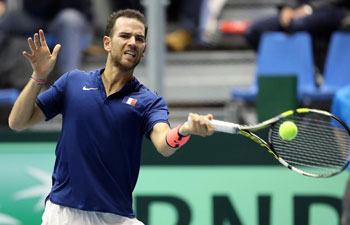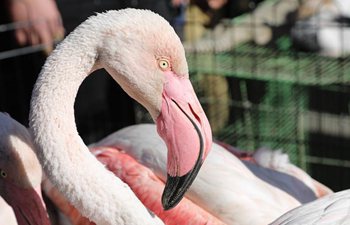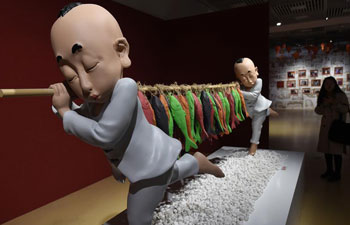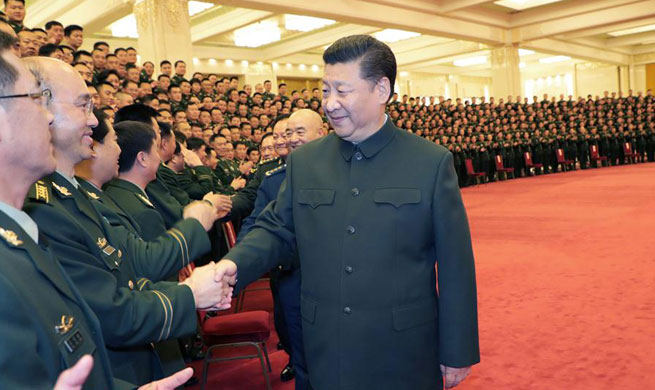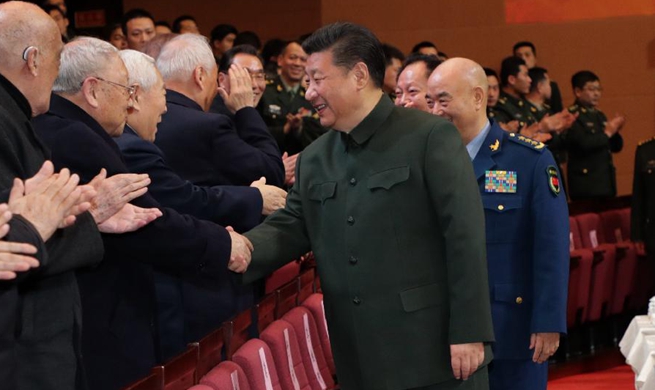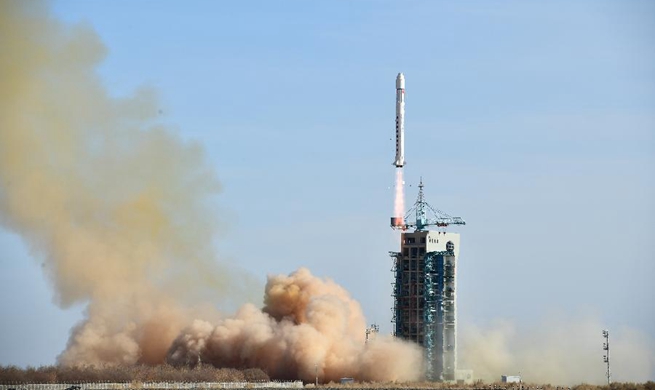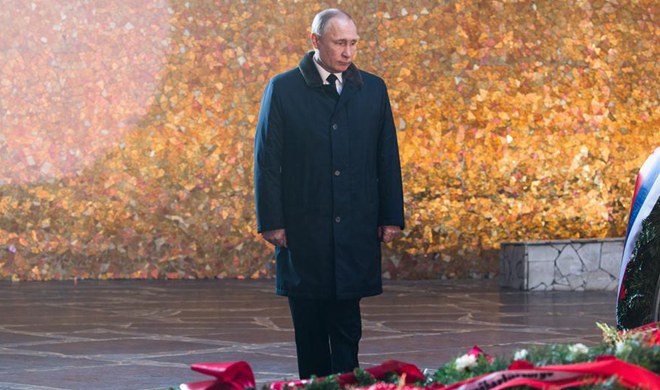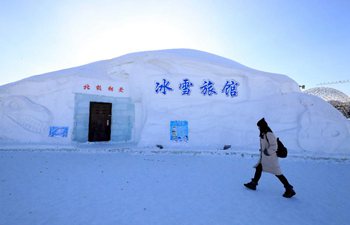SAN JOSE, Feb. 2 (Xinhua) -- With only two days to go before Costa Ricans head to the polls to elect their next president, the uncertainty and disillusionment of many voters do not allow any degree of certainty when predicting the election outcome.
While the latest polls published by the University of Costa Rica and OPol Consultores show the candidate of the right-wing National Restoration Party (PRN), Fabricio Alvarado, in first place with 16.9 percent, the number of undecided voters surpasses that of his supporters at 36 percent.
Behind Alvarado comes Antonio Alvarez Desanti, from the National Liberation Party (PLN) with 12.4 percent, and Carlos Alvarado, of the official Citizens' Action Party (PAC) with 10.6 percent.
A former security minister, Juan Diego Castro, led polls late last year thanks to his tough approach to crime, but the rise of Fabricio Alvarado has seen his support diminish.
For Gustavo Araya, a political communications expert and professor at the University of Costa Rica, the rise of the religious conservative Fabricio Alvarado is due to a single event. Until December, he was polling at 2-3 percent when the Inter-American Court of Human Rights called on Costa Rica to recognize gay marriage, triggering a backlash in the deeply Catholic country.
Araya explained that this reactionary switch to defend Alvarado, who has vowed never to recognize gay marriage, has been facilitated by a lack of party allegiance in the country.
"The campaign did not allow for the discussion of the most relevant topics, and stuck to the simplest, most polarizing and most opinionated topics," he said.
Araya also warned that it was highly unlikely for a candidate to claim the 40 percent margin to win a first-round vote, meaning a second round between the top two will be held on April 1.
The expert added that this polarizing issue had also favored Carlos Alvarado, the official candidate, who has expressed support for gay marriage.
When pressed about who would progress or win the second round, Araya said this was a very difficult question given that the margins are so close.
He pointed instead to another major issue during the campaign, namely the country's fiscal deficit, which stood at 6.2 percent of gross domestic product (GDP) at the end of 2017.
"The deficit is a very complex topic as the solution goes through the issues of expenditure, revenue, the creation of internal debt and how this affects the population, in taxes that will have political costs for the parties," Araya said.





